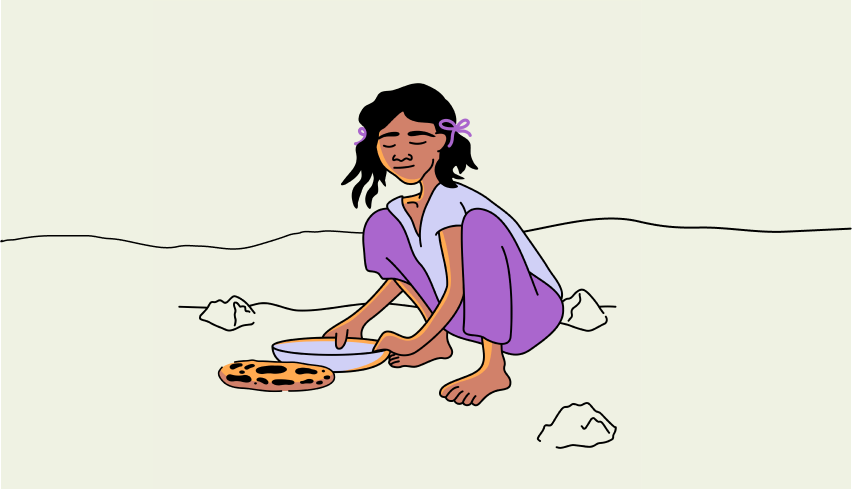Written by: SOS International
The IOM reports that 41% of trafficking victims they detected were trafficked by a family member or relative. The reasons behind how and why this happens vary, but they have a common root. Here are some of the reasons why familial trafficking takes place.
Feeding Addictions
Addiction can drive individuals to make troubling decisions. In some heartbreaking cases, family members might engage in the trafficking of another in exchange for drugs. This unimaginable situation arises when individuals become so dependent on a substance that they are willing to sacrifice someone else for the sake of their addiction. This serves as a stark reminder of how drug addiction can profoundly and directly impact the lives of loved ones, especially children, leading to devastating consequences.
Extreme Poverty
2.2 billion people around the world lack access to drinking water. 820 million won’t have enough food to eat today. These harsh realities fuel familial trafficking. Child marriage is a common practice in many cultures, with nearly 40% of girls in the world’s poorest countries being married as children, which is twice the global average. This is due to the low societal status of women in these cultures, where they lack access to education and job opportunities, leaving marriage as their only viable option. In these cultures, girls are often married off in exchange for a dowry or a “bride price” paid to their families. Families facing extreme poverty see this as the best choice for their daughters, believing it will provide their daughters with a better life and improve their family’s financial situation. However, this practice leads to a host of problems for the girls, including higher risks of domestic violence and exploitation, complications during childbirth, and mental and emotional distress. In other cases, child marriage is a survival tactic for families facing societal pressure to marry off their young daughters or to offer them in marriage to settle disputes.
Accidental Cases
Sometimes, families traffick their children without knowing. Traffickers are smart and know how to target and exploit vulnerabilities. When a family is facing a dire financial situation, a trafficker can easily leverage their need and offer these families job opportunities, like housework or cleaning a shop, appearing to be well-meaning. Families may feel pressured to take these sorts of opportunities temporarily to help their families. This results in a child being sent off with a trafficker, who will exploit them as they have been lured away from the safety of their community. Sadly, this is common, and parents are often unaware of that risk.
One of the significant risk factors of familial trafficking is the lack of basic needs. This lack creates a gap that traffickers know how to target and exploit. Whether this is a gap in food, water, shelter, or money to provide for their family, it creates a desperation that most people couldn’t imagine.
Why is this so common?
Family trafficking is devastating but, unfortunately, widespread precisely because family members are in close proximity to children. Families are supposed to be safe havens where children are protected. It is hard for children to understand when any adult figure, whether a parent, grandparent, cousin, or aunt/uncle, abuses this trust. Children often struggle to express or comprehend feelings of shame, guilt, or fear when they are being taken advantage of. When the perpetrator is a family member, children may struggle to express their feelings about what is happening to them. If someone they trust violates it, it changes their understanding of who they can trust.
What should I look out for?
We must emphasize that we want you to build awareness, not fear. Your children can’t be shielded from interacting with every family member or friend. One of the biggest things you can do is learn some of the signs that commonly happen, specifically within a home setting. Ultimately, as you learn about the signs of trafficking, you should focus on listening to your gut. Listening to your intuition is invaluable as it often picks up on patterns and signs before our logic does. Also, knowing what to do when trafficking occurs will serve you well.
Familial trafficking is another wrinkle in the dark fabric of human trafficking. It can be hard to wrap our minds around the fact that families traffick loved ones. The key here is not to focus on the people who traffick their family members but to look at the factors that lead them down that path. Providing basic needs secures families and communities to be what they were always meant to be: places of safety.












